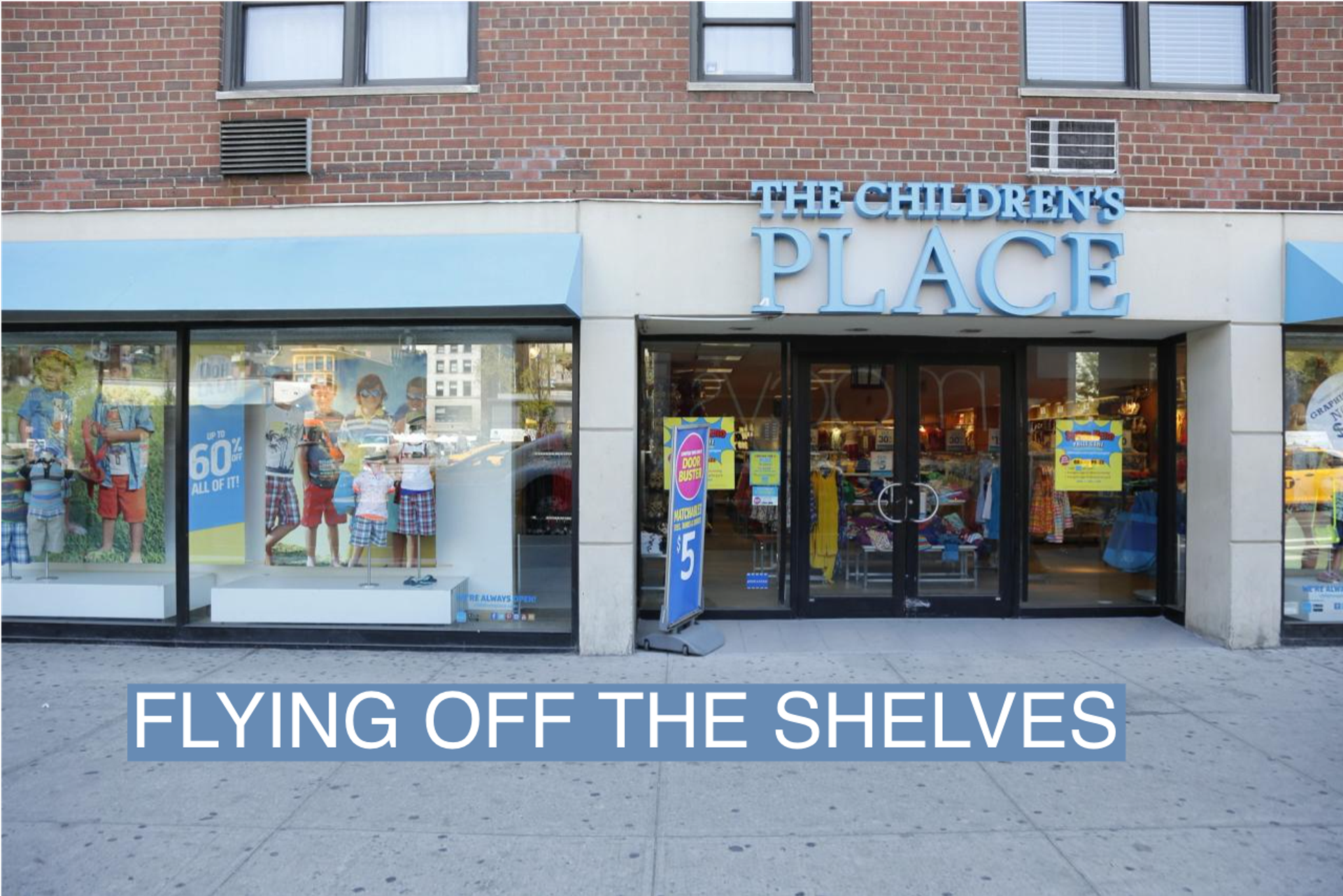The Scoop
What do the heirs to a Saudi banking dynasty want with an American children’s clothing store teetering on the edge of bankruptcy?
Since The Children’s Place — once a defining feature of American malls — said last week that it was running out of cash, more than half of its stock has been snapped up by the Al-Rajhi family, the founders of Saudi Arabia’s largest private bank.
Mithaq Capital, which invests some of the Al-Rajhi family fortune, bought 46% of the retailer’s shares on Friday and Monday, and another 8% on Tuesday, corporate filings show, and plans to replace the board. Semafor reported the hostile approach Wednesday.
All in, Mithaq spent at least $80 million to buy control of a public company in three trading sessions — an unheard-of blitz for even the most aggressive of hostile bidders and corporate agitators.
In this article:
Know More
The Al-Rajhis are said to be Saudi Arabia’s richest non-royals and trace their fortune to Al Rajhi Bank, which was founded by the family’s nonagenarian patriarch and is now the kingdom’s second-biggest company, behind oil giant Aramco. Mithaq, run by a son of a less-prominent branch, invests some of the family’s wealth.
Mithaq’s reported holdings of public stocks, valued at about $200 million by S&P Capital IQ, are an eclectic mix: a British litigation-finance firm, an Israeli data-intelligence firm, a Chinese tour-guide company, an Australian goat-milk producer, an advertising-technology company that just delisted from Nasdaq.
The Al-Rajhis’ partner in Mithaq, Asif Seemab, told Bloomberg in 2022 that “other than Shariah compliance” — which prohibits collecting or paying interest on debt — “we are country-agnostic and sector-agnostic.” Executives who’ve engaged with the firm describe a Buffettesque buy-and-hold approach, with occasionally sharper elbows. (Mithaq is currently waging a hostile takeover battle at a small Canadian conglomerate.)
Liz’s view
I wrote last week, in a different story about a different wealthy family making a different head-scratching investment, that “there’s a lot of money in the world, some of it in strange places.” There are twice as many global billionaires as there were in 2016, according to Forbes, and they are increasingly managing their own money, rather than doling it out to investment professionals. And sometimes the heart wants what it wants.
That said, Mithaq’s tactics here are high-risk, and might actually hasten The Children’s Place’s downfall, zeroing out the value of the stock it was so eager to own.
The Children’s Place’s biggest problem is a $445 million loan backed by its inventory, a common way that retailers finance themselves. The fine print of that loan requires it to be repaid if anyone acquires at least 25% of the company’s stock, an event that The Children’s Place, which has just $45 million of cash on hand, can’t afford. On paper, the company is now insolvent, and Mithaq’s shares are worthless.
That said, Mithaq clearly, somewhat bafflingly, likes this company and is prepared to put money into it. The Children’s Place’s lenders are in control now, and they might prefer dealing with a single large shareholder willing to bankroll a turnaround.
The View From Riyadh
Saudi Arabia and the Emirates are in some ways giant family offices themselves, but beneath their ruling family’s billions are a surprising number of private fortunes — the Al-Rajhis in banking, the Al-Nahdis in pharmaceuticals, the Olayans in construction — that are now being plowed into glitzy, go-anywhere deals.
Notable
- Mithaq’s first investment criteria: “No investment will be made in an unfriendly manner and/or in a dying business.”
- Why The Children’s Place faces tough decisions — Forbes
